In a landmark decision on Friday, the U.S. Supreme Court ruled in favor of Grants Pass, granting it the authority to ticket homeless individuals for sleeping outdoors. This ruling rejected the arguments that such “anti-camping” ordinances constitute “cruel and unusual” punishment under the Constitution. The decision, penned by Justice Neil Gorsuch for the court’s conservative majority, saw a 6-3 split with the liberal justices dissenting.
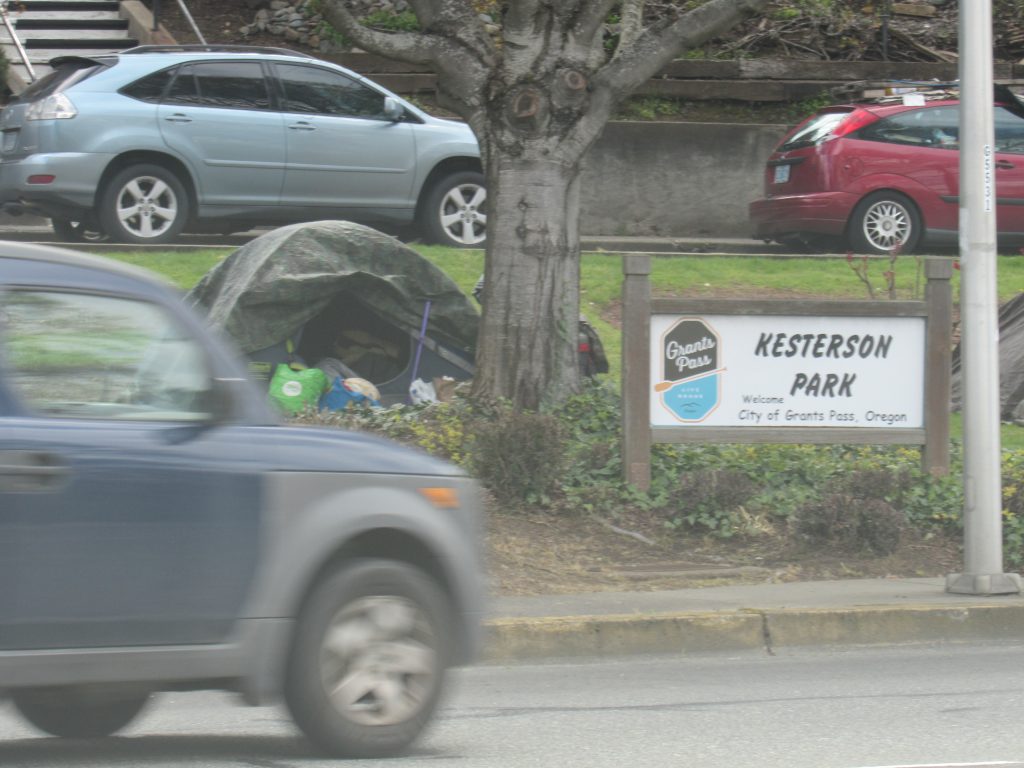
The case originated from Grants Pass, Oregon, where several residents experiencing homelessness challenged the city’s “anti-camping” ordinances. These local laws have become a focal point for city and state officials nationwide who are grappling with how to manage a surge in homelessness and the proliferation of encampments in public spaces. The ruling has significant implications for both policymakers and the homeless population.
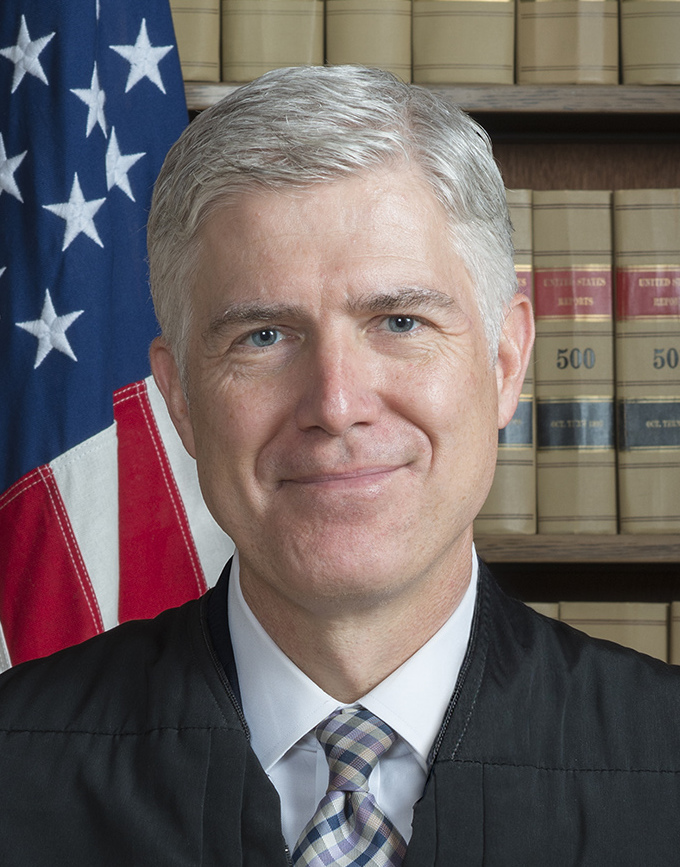
Justice Gorsuch’s majority opinion emphasized that the Eighth Amendment does not authorize federal judges to dictate national homelessness policy, underscoring the complexity and local specificity of homelessness. Gorsuch highlighted the varied causes of homelessness and the diverse policy responses that different communities might find suitable. He asserted that decisions on managing homelessness should rest with the American people, not a select group of federal judges.
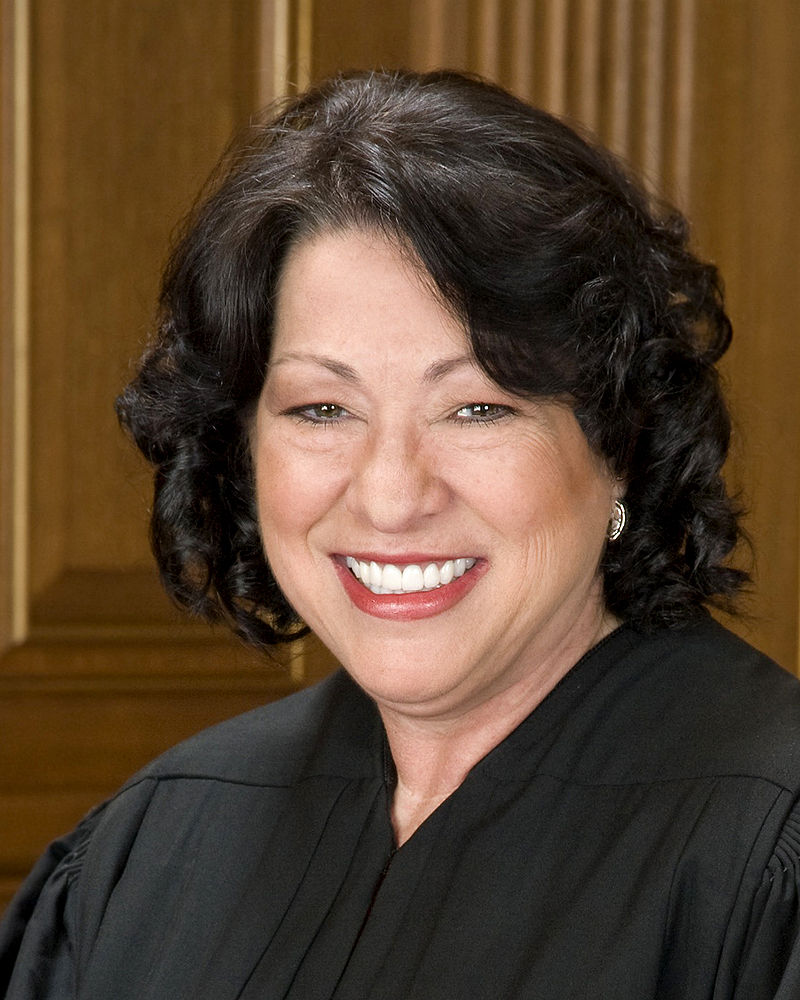
The dissent, led by Justice Sonia Sotomayor and joined by the court’s other liberal justices, argued that the ruling effectively punishes individuals for their status as homeless. Sotomayor pointed out that sleep is a biological necessity and, for some, sleeping outside is the only option. She labeled the city’s approach as both unconscionable and unconstitutional, stressing the need for more humane solutions like shelters and affordable housing.
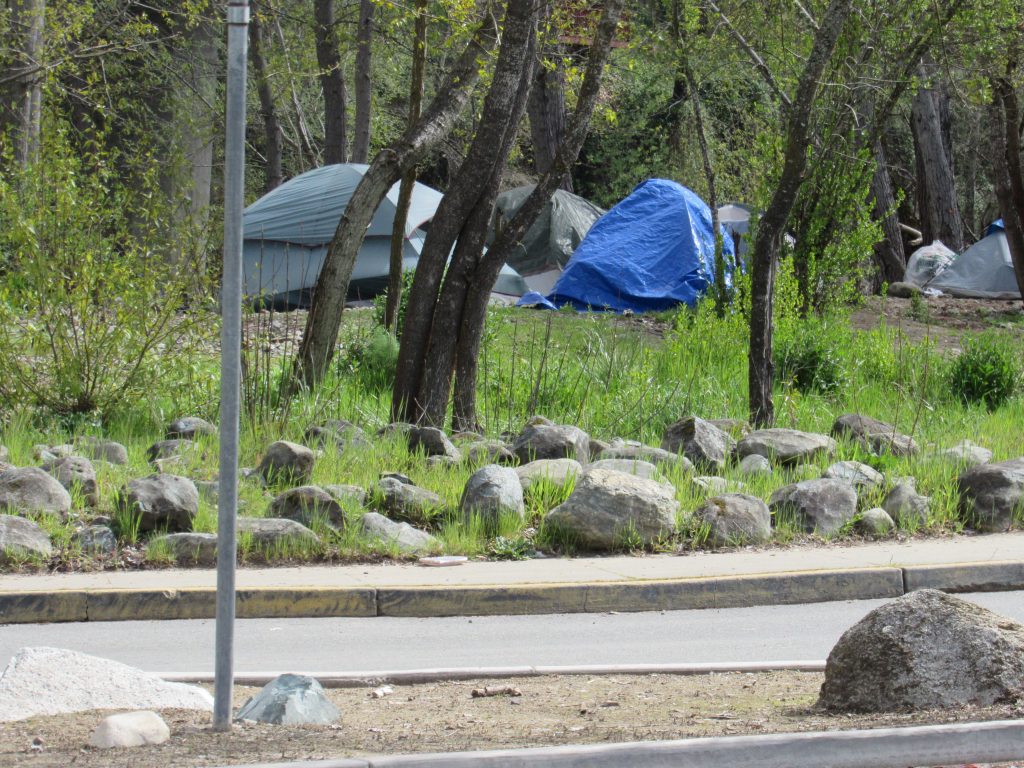
In a rare move signaling her strong disagreement, Justice Sotomayor read her dissent aloud from the bench. She criticized the ordinances for penalizing people merely for using basic bedding such as sleeping bags or bundled-up clothing. The penalties for violating these ordinances included hefty fines and potential jail time, further exacerbating the hardships faced by homeless individuals.
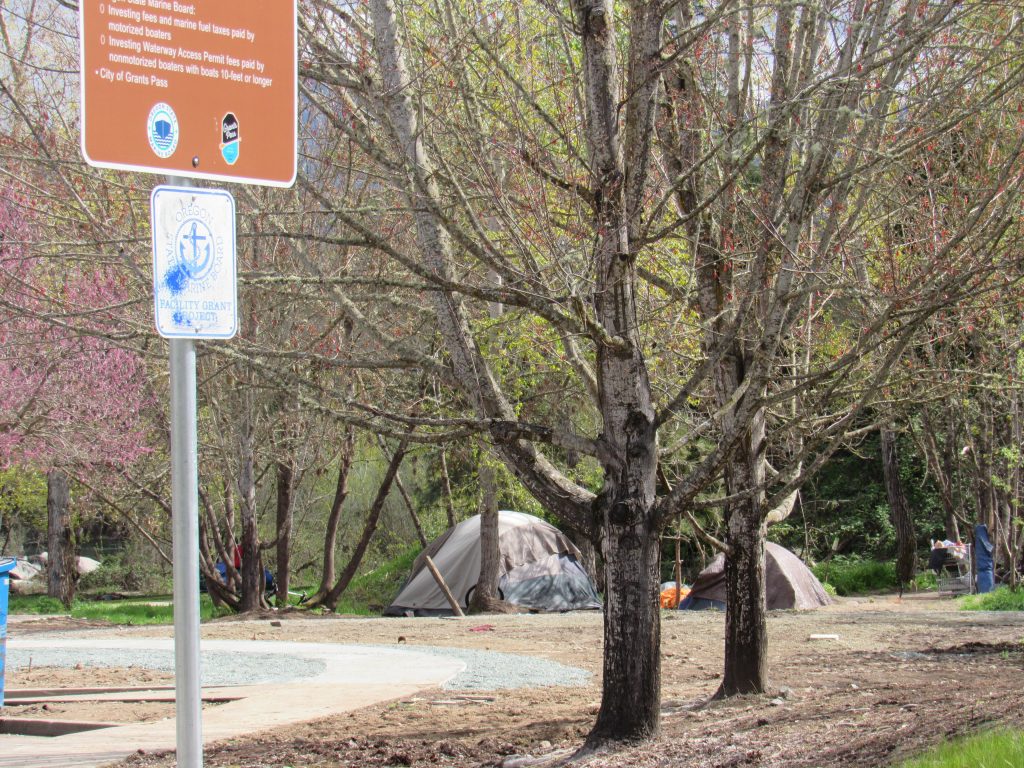
Previously, a federal appeals court had ruled against the city of Grants Pass, stating that the ordinances could not be enforced against homeless individuals who had no other place to sleep. This earlier ruling had been seen as a protection for the homeless, but the Supreme Court’s latest decision overturns that precedent, allowing cities more leeway in handling homelessness.

This decision comes amid a backdrop of increasing homelessness across the United States. The Supreme Court’s previous refusal to hear a similar case from Boise, Idaho, in 2019 contrasts sharply with the current ruling. The surge in homelessness has seen more than 250,000 people living in makeshift shelters and vehicles, with sprawling encampments becoming a common sight in many cities.
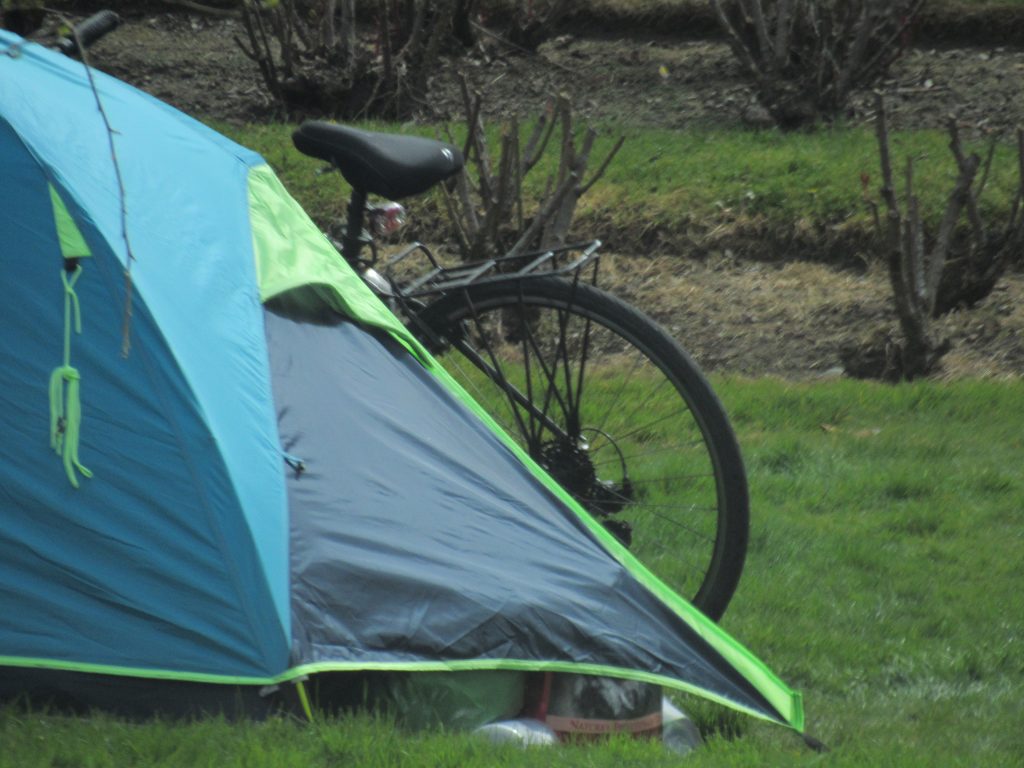
Critics of the ruling fear that it could lead to a “banishment race,” where cities push homeless individuals out of their jurisdictions rather than addressing the root causes of homelessness. In oral arguments, Justice Gorsuch’s used the analogy of urinating in public that failed to consider what people are to do if no restrooms are available. Is it constitutional for a city to imprison a person for urinating if no public restrooms are available in the city?
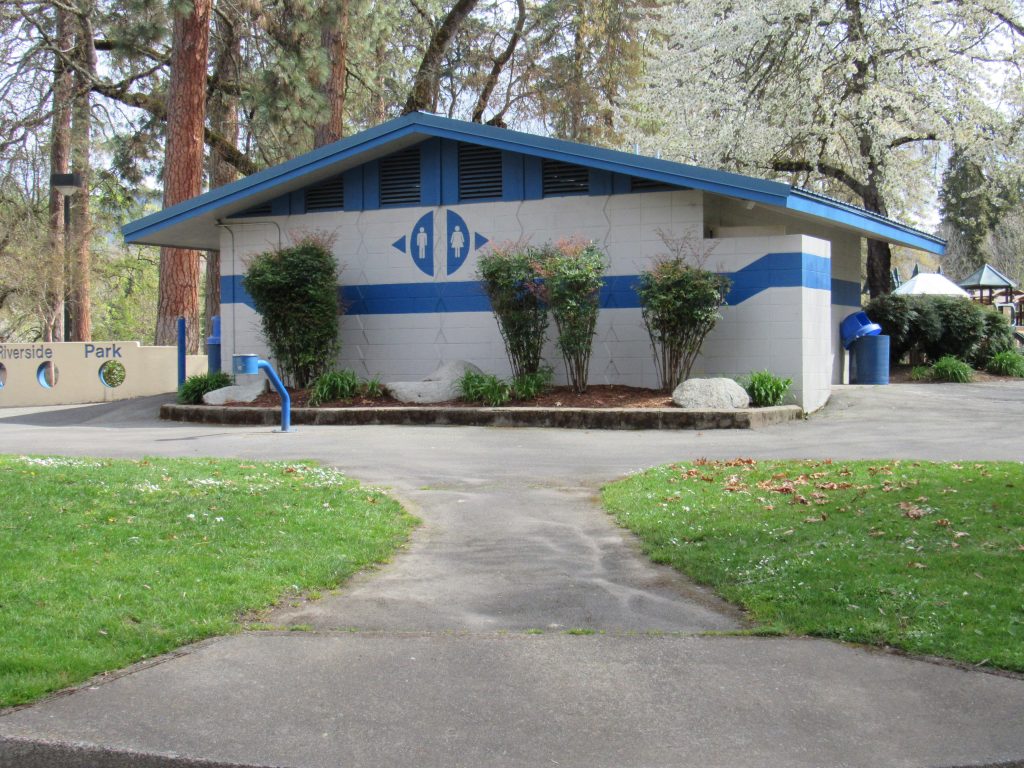
Grants Pass, in particular, has faced scrutiny for its approach to homelessness, including closing public restrooms in parks, which has had severe consequences for the homeless population. The city’s ordinances, which ban sleeping in public with bedding, aim to reduce visible homelessness but have sparked debate over their constitutionality and humanity.
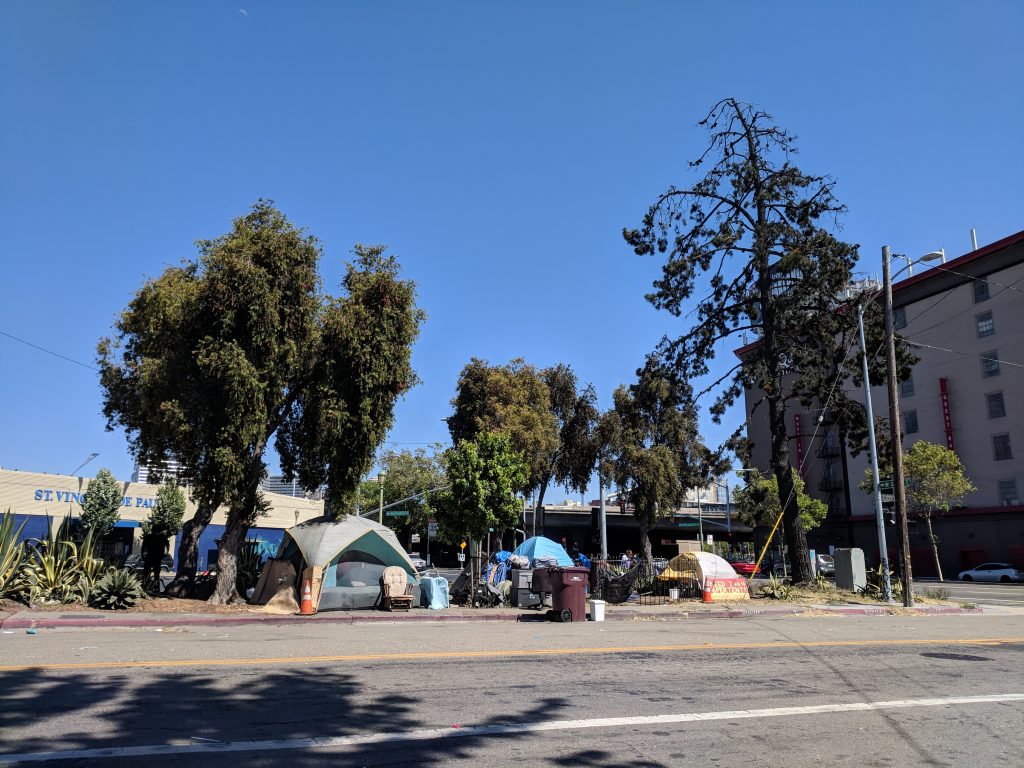
The ruling is expected to have widespread implications for how cities manage homelessness. While some areas have adopted measures to dismantle encampments, others are considering broader camping bans or relocation efforts. Despite these actions, the fundamental issue of a shortage of shelter and affordable housing remains unaddressed. Grants Pass itself has a deficit of 4,000 housing units, reflecting a national crisis that affects millions.
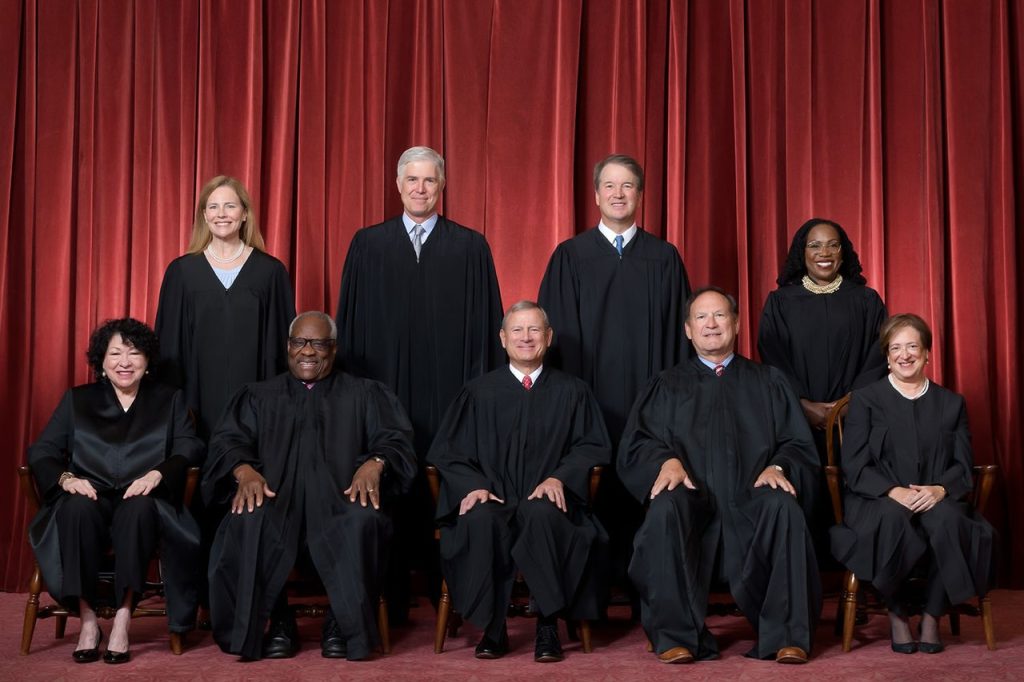
As the nation grapples with these complex issues, the Supreme Court’s decision underscores the ongoing tension between local autonomy in policy-making and the need for humane, effective solutions to homelessness. The ruling may inspire similar actions in other cities, but it also highlights the urgent need for comprehensive strategies to address the root causes of homelessness.





